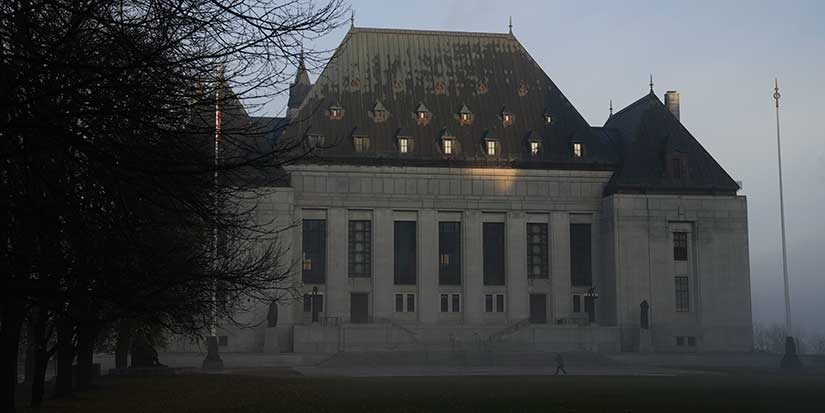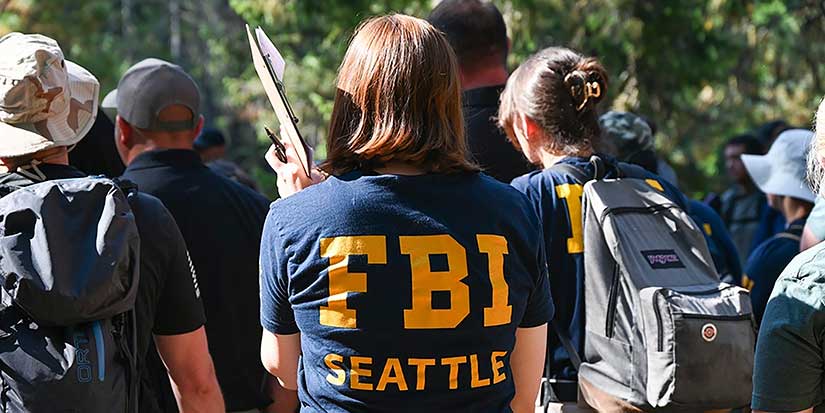National News
Supreme Court of Canada sides with couple over disputed portion of their backyard
Published 11:32 PDT, Fri September 19, 2025
Last Updated: 2:44 PDT, Fri September 19, 2025
—
The Supreme Court of Canada says a Toronto couple owns a portion of their backyard that became the subject of a lengthy dispute after they discovered the municipality was the title holder.
Pawel Kosicki and Megan Munro bought the residential property in 2017 and learned several years later that the City of Toronto held title to a part of their yard enclosed by a chain-link fence.
The property backs onto a laneway owned by the municipality, which separates the property and its neighbours from a large public park.
A decades-old survey plan shows the fence was put up sometime between 1958 and 1971, preventing public access to the disputed land for at least 54 years.
Kosicki and Munro asked the city about purchasing the land in question, which they had maintained as their own and used as a play area for their children.
The city refused to sell. It indicated that the land, should it be recovered, could be used to expand the existing access point to the park and install additional signs.
The couple went to court seeking a declaration of possessory title to the land, sometimes known as adverse possession or squatter's rights.
The Ontario Superior Court ruled against Kosicki and Munro, a decision upheld by the province's Court of Appeal.
In a 5-4 decision Friday, the Supreme Court sided with the couple.
In Ontario, the Real Property Limitations Act sets out rules for determining when an owner's interest in land is extinguished in favour of the possessory title acquired by a trespasser, the top court said. Elements of possession have been further defined in relevant case law over the years.
Among other conditions, adverse possession is established when it is exclusive, peaceful and continuous.
The statute includes a 10-year limitation period for a title holder to bring an action for the recovery of land.
Justice Michelle O'Bonsawin, writing for a majority of the court, said determining a possessory claim requires courts to ensure legislative intent is respected and apply common law principles in a manner consistent with the statutory scheme.
A reading of the relevant provisions in the context of the broader statutory scheme governing adverse possession in Ontario reveals that the legislature "did not intend to exempt municipal parkland" from the Real Property Limitations Act's effects, she wrote.
Attempting to create a common law exception for municipal parkland undermines the legislature's "clear policy choice" to only confer immunity to certain categories of public land, O'Bonsawin added.
O'Bonsawin concluded that under the applicable statutory rules, the city's title to the land was extinguished over four decades ago, adding "its title cannot be resurrected."
– Jim Bronskill, The Canadian Press































